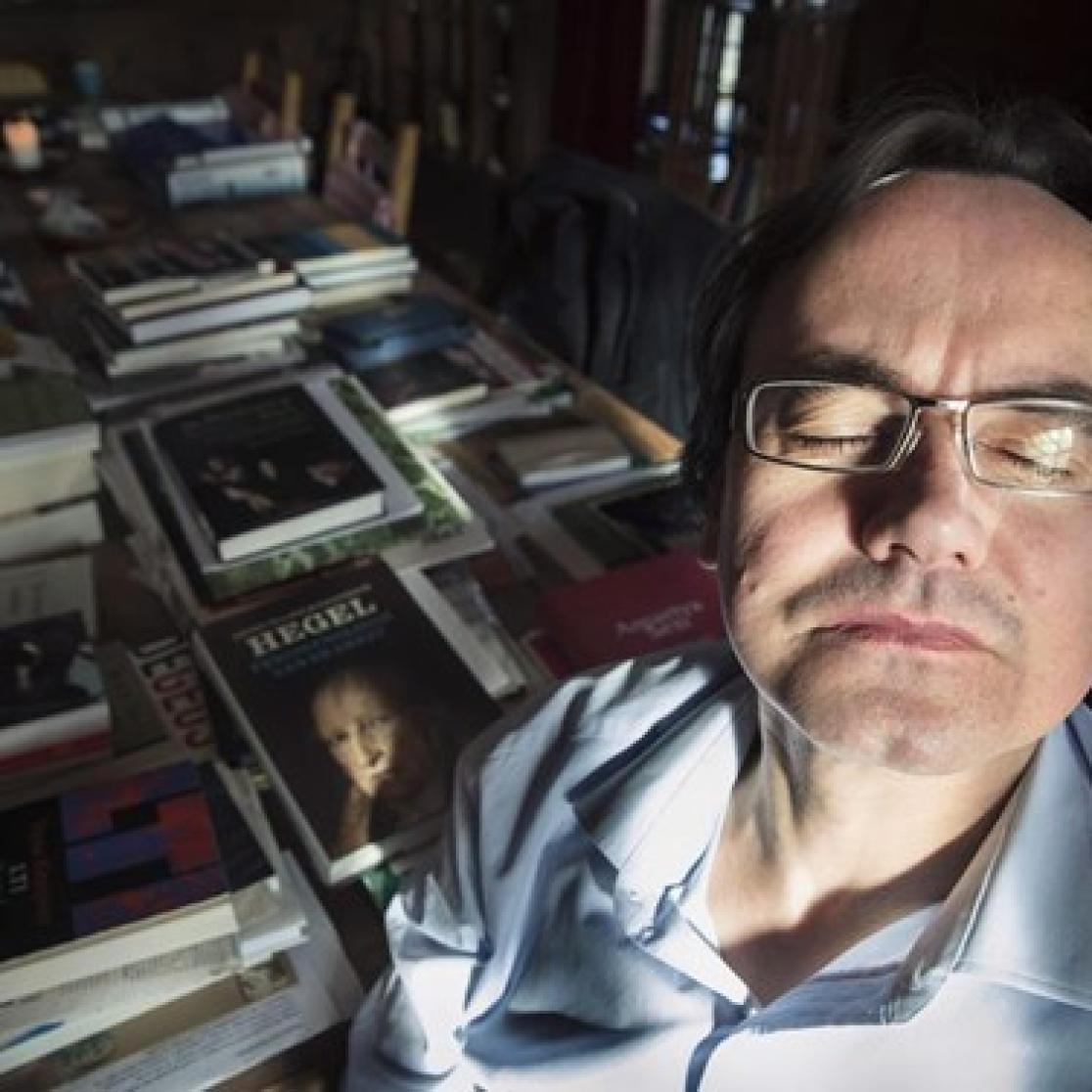Critical Thinking, Pitfalls and Possibilities
This series is fully booked. You can only register for a stand by list.
In this series we investigate why people are so vulnerable to mental infections through totally irrational believes. Insights developed in i.e. social psychology, informal logic or neuro science, make clear how quick human reasoning can go wrong, how easy one makes wrong connections, wrong statistical estimations and all too quick generalizations.
Scientists doing research are often better armed against the danger of infection by irrational and pseudo-scientific views. However, they are very good in rationalizing wrong views, picked up along the way, which often makes them stick to bad ideas much longer. Nobody is immune!
Pseudo-scientific theories will be discussed together with historical and current examples of apparent scientific and objective views that turned out to be infected by fallacies or wrong assumptions. The differences between science and pseudo-science and between rational and irrational thinking will be clarified.
A pure rational way of thinking is most probably never to be reached, and may even be something we should not wish for, but we can get a better insight in how our brain processes information and creates false realities. Anyone who wishes to improve his thinking can learn from the insights of the discipline known asCritical Thinking.
The individual lectures
1. Critical Thinking: General Principles (15 Sep)
2. The Deceptive Brain (22 Sep)
3. The Superstitious Brain (29 Sep)
4. The Religious Brain (6 Oct)
5. Hoaxes and Crank Science (13 Oct)

Also read
-
19th-Century Philosophy: Intellectual Heroes and Key Themes
Studium Generale | Lecture Series
4 Nov2 Dec -
Game Theory
Studium Generale | Lecture Series
5 Nov3 Dec -
Homo Heuristicus: Decision Making in an Uncertain World
Studium Generale | Joan Muysken Lecture
24 Nov